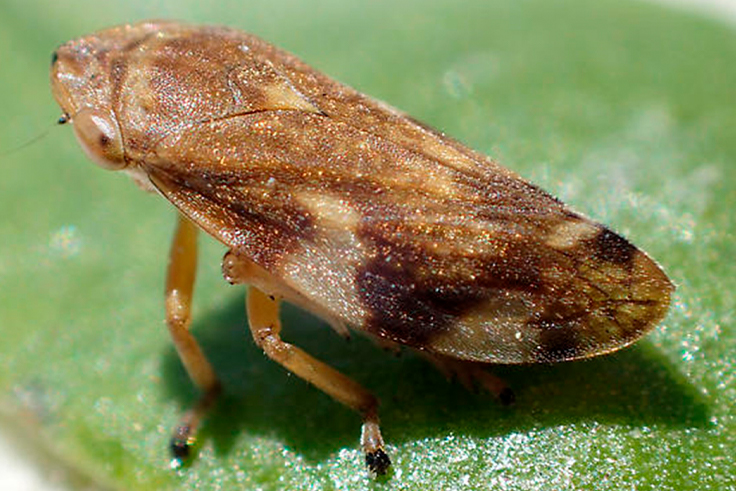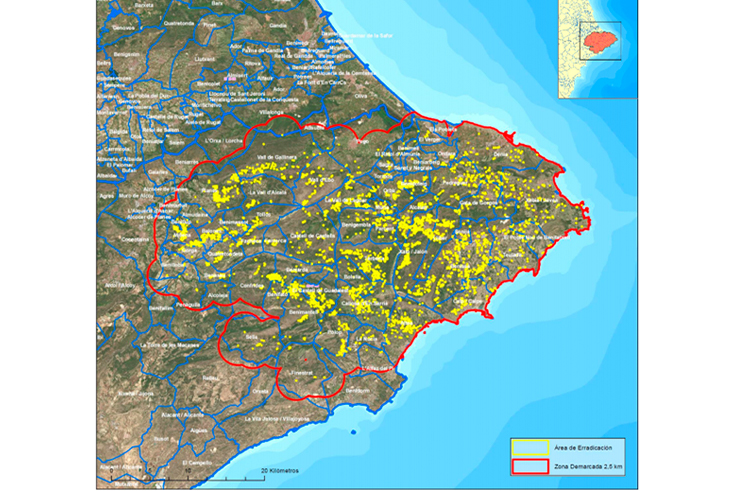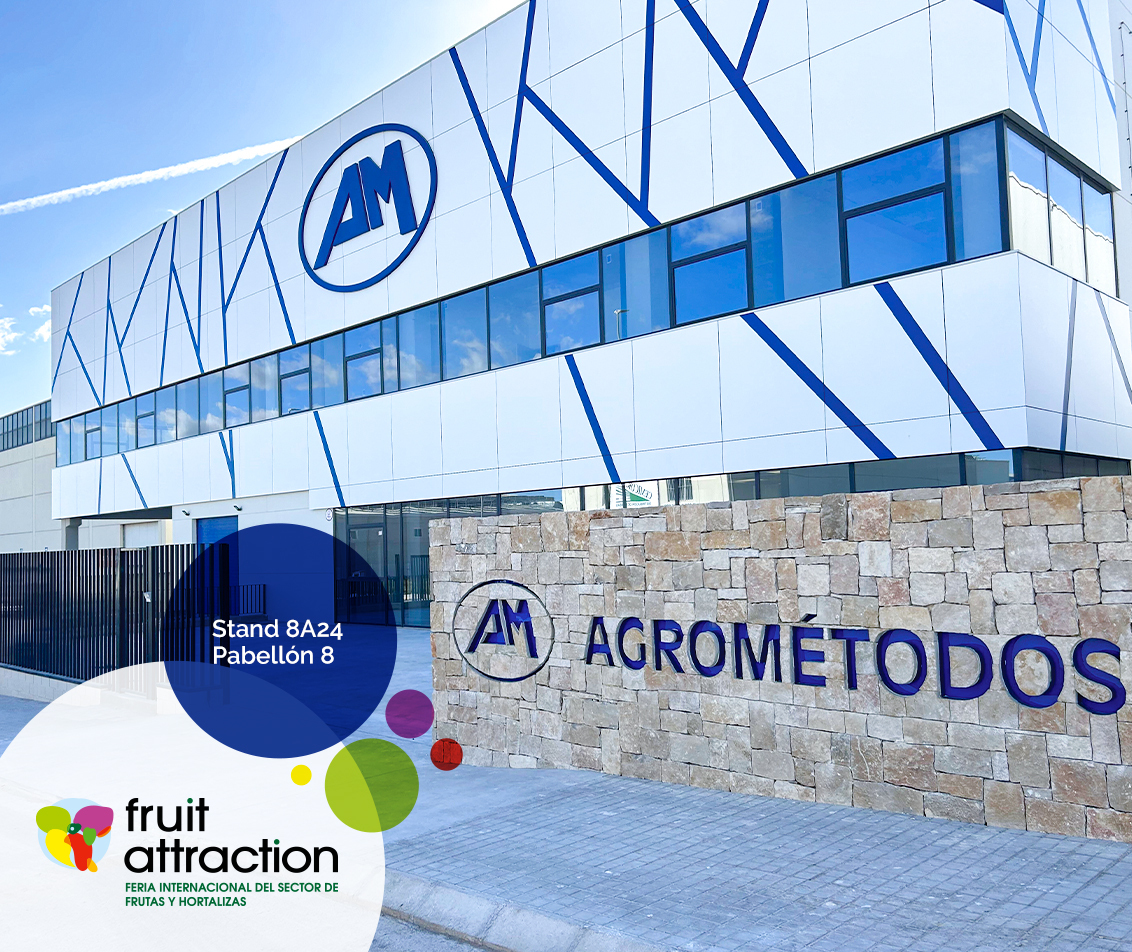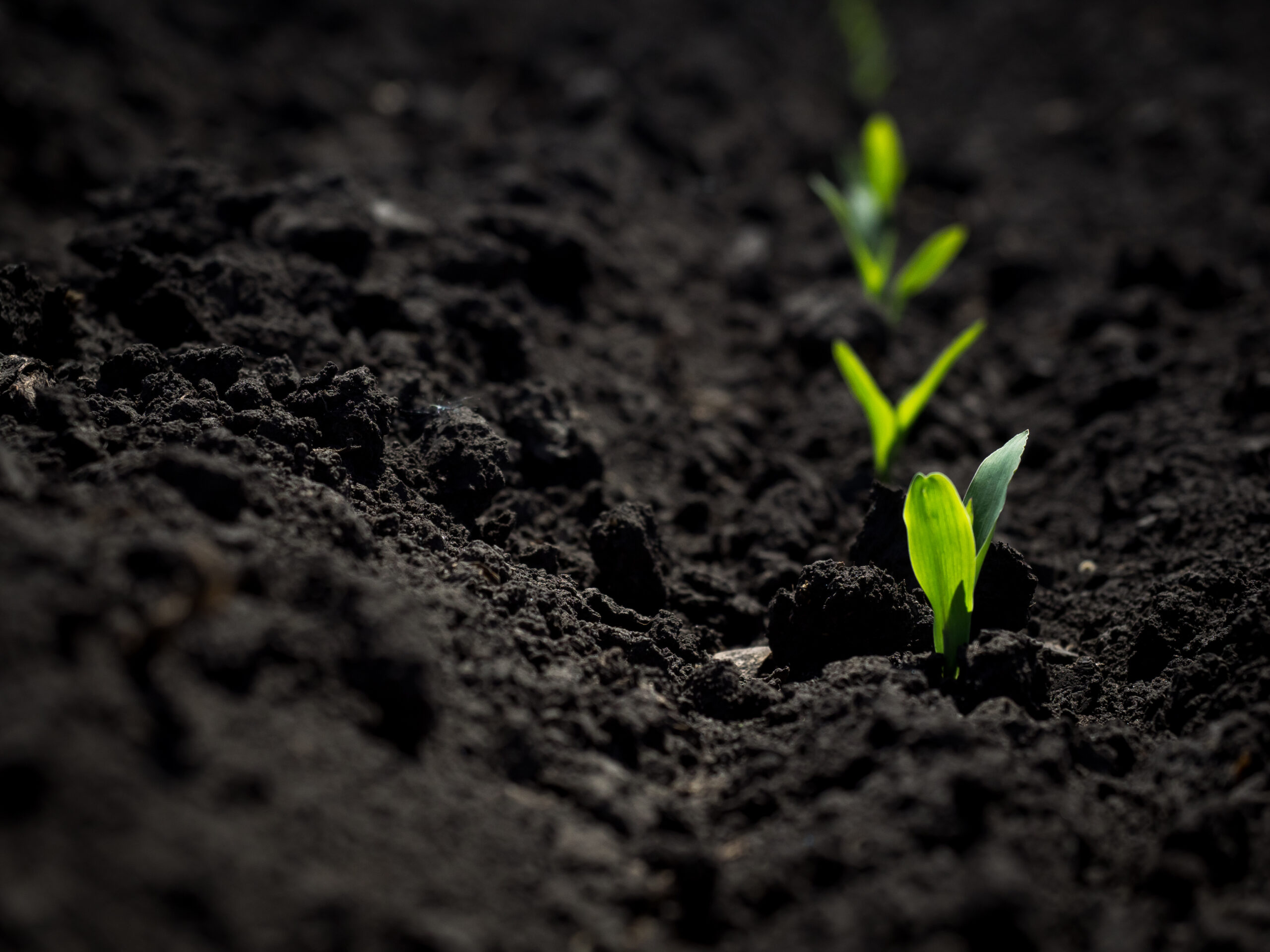Xylella fastidiosa is classified by the European Union as one of the main quarantine pathogens. It is a bacterium that, according to the subspecies, affects different host plants with different degrees of pathogenicity. The bacterium is spread by infected plant material and by insect vectors, which feed on the xylem of the host plant. This bacterium is located in the xylem of vegetables, multiplying inside the vessels where it comes to plug them preventing the flow of sap.
This dreaded bacterium can cause serious damage to the olive and almond plantations of our country and, in this sense, the Spanish Contingency Plan was approved with the main objective of preventing the introduction and spread of the bacterium in our country. In addition, a National Prospecting Protocol for early detection was implemented, an Eradication Programme that includes the measures to be taken in case of detecting outbreaks and dissemination campaigns for the dissemination of information and awareness-raising on the fight and control of Xylella fastidiosa.
In addition, a series of research projects have been initiated, including that of AINIA, to detect, control and combat this pest. Automated crop monitoring systems are also being put in place. To this end, hyperspectral and thermal remote sensing is being used, together with more sustainable and natural biocontrol systems for the automatic detection of symptoms.

This bacterium entered Europe through southern Italy, and in Spain through the Balearic Islands and was subsequently detected, thanks to the National Protocol of Exploration, in the Community of Madrid, Valencia and Andalusia. The current status of the bacterium is as follows:
- – Balearic Islands: the entire territory is included in a single Infected Zone as set out in the new Commission Implementing Regulation (EU) 2020/1201 of 14 August 2020 (ANNEX III, PART C).
- – Community of Madrid: it was detected in a single olive tree, the eradication strategy was applied and the results of the subsequent samplings carried out have not yielded new positives to the bacterium.
- – Andalusia (Almería): it was detected in an ornamental plant nursery where the host plant material was eliminated and after no new positives were detected in the area since then (more than 3 years), its presence is considered eradicated for all purposes.
- – Valencian Community: it is where the highest incidence occurs within the peninsula. In this community there are several aspects to take into account and that show that this disease without cure continues to expand in the Valencian Community:
- • Sampling of insect vectors of Xylella fastidiosa carried out during this year indicates that the adult population has been increasing.
- • The Demarcated Zone occupied 128,003 Ha and after the results of the 2020 surveys increases by about 6% (more than 7,000 Ha) to 135,305 Ha, affecting 63 municipalities.
- • A first positive case of this pathogen is detected outside the province of Alicante, in the Valencian municipality of Villalonga, in the region of La Safor.

Therefore, it is necessary to continue implementing the measures of dissemination, contingency, prospection and eradication to prevent the spread of this pathogen in our territory.
The bacterium is spread by infected plant material and by insect vectors, which feed on the xylem of the host plant. This bacterium is located in the xylem of vegetables, multiplying inside the vessels where it comes to plug them preventing the flow of sap.
This dreaded bacterium can cause serious damage to the olive and almond plantations of our country and, in this sense, the Spanish Contingency Plan was approved with the main objective of preventing the introduction and spread of the bacterium in our country. In addition, a National Prospecting Protocol for early detection was implemented, an Eradication Programme that includes the measures to be taken in case of detecting outbreaks and dissemination campaigns for the dissemination of information and awareness-raising on the fight and control of Xylella fastidiosa.
In addition, a series of research projects have been initiated, including that of AINIA, to detect, control and combat this pest. Automated crop monitoring systems are also being put in place. To this end, hyperspectral and thermal remote sensing is being used, together with more sustainable and natural biocontrol systems for the automatic detection of symptoms.




